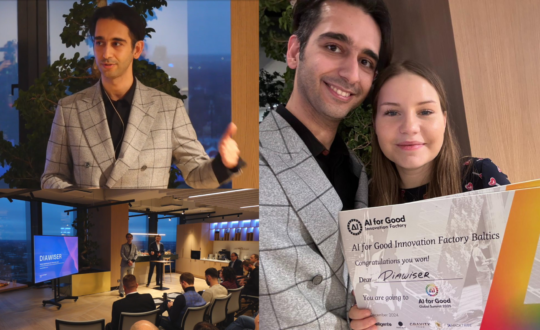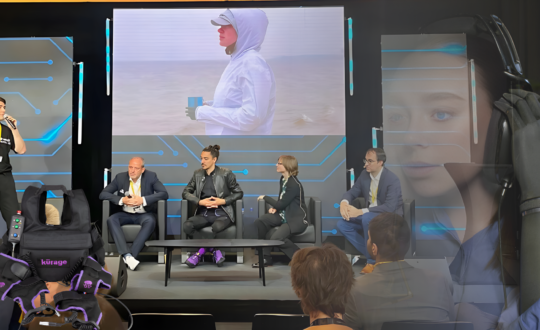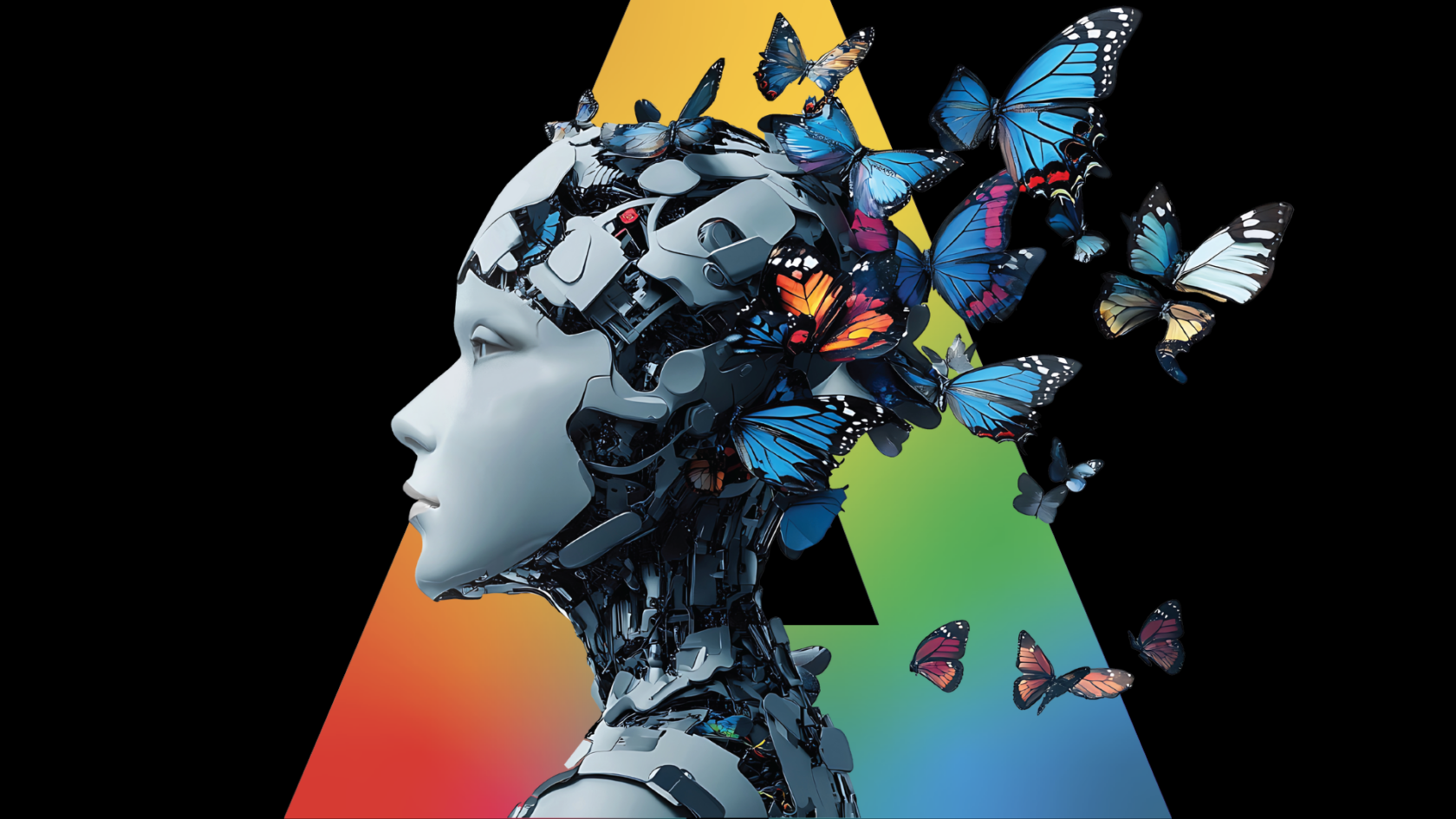British Prime Minister Theresa May pledged in May that she would invest substantially in Artificial Intelligence (AI) to detect cancer in its early stage. This technology is expected to save 22,000 lives each year by 2033.
French President Emmanuel Macron also aims to use AI to improve healthcare. He announced in March an investment of 1.5 billion euros (USD 1.7 billion) in AI development by 2022 to allow France to compete with China and the United States.
‘Although Al has great potential, there are many obstacles to overcome for it to be widely accepted by the healthcare community.’ – Dr. Winnie Tang, University of Hong Kong
The promise of AI in healthcare
Al has been widely applied in healthcare. It can identify early symptoms, diagnose diseases, help carry out operations, predict when an epidemic will break out and undertake hospital administrative tasks such as making appointments and registering patients.
Accenture, a consultancy firm, estimated that 10 promising Al applications could save up to USD 150 billion in annual medical expenses for the U.S. by 2026.
RELATED: How can Artificial Intelligence be used to improve global health?
Among the 10 applications, the most valuable is the robot-assisted surgery, according to the research. A study of 379 patients who had undergone orthopedic surgeries found that an AI-assisted robotic technique resulted in a five-fold reduction in the complications compared to operations performed solely by human surgeons.
The AI assistant helps analyse medical records before surgery, guides the doctor during the procedure, and subsequently summarizes the experience, which allows it to improve its technique. It is estimated that robot-assisted surgery can add USD 40 billion to the healthcare industry by 2026.
The obstacles to AI advancement
However, although Al has great potential, there are many obstacles to overcome for it to be widely accepted by the healthcare community, McKinsey, another consultancy firm, points out.
According to a survey the company conducted of senior executives in the U.S., those in the healthcare profession are very cautious about advanced technology such as machine learning. One report found that the healthcare sector has only realized about 10 percent to 20 percent of the opportunities to use advanced analytics and machine learning.
The McKinsey report found that the healthcare industry is not resistant to new technology; cautiousness is mainly due to the unique characteristics of the industry.
RELATED: AI will disrupt the world as we know it: Anastassia Lauterbach
First, Al needs massive data for learning, and it is difficult to collect data scattered across different medical institutions. Due to the lack of large amounts of high quality data, AI cannot proceed further in the deep learning procedure.
In Hong Kong, the Electronic Health Record Sharing System was officially launched two years ago. However, its acceptance rates have yet to improve. Currently, there are more than 730,000 patients registered to the system, but the maximum number of patient record accessible by healthcare professionals is only 40,000 a month. The major participating organisations are hospitals while the participation of others, including private clinics and laboratories, is limited.
The situation is similar to that of the U.S. It is estimated that 40 percent of hospitals and private doctors in the U.S. do not use the electronic medical record system.
RELATED: How AI can help detect and prevent diseases
In the United Kingdom, the government’s National Health Service (NHS) has data of citizens from birth to death because it provides universal cradle-to-grave services. The government hopes that technology companies can use algorithms to identify early-stage cancer patients from this data. However, concerns about privacy and private companies generating profit for themselves by using public data could limit these efforts.
Technical problems pose another obstacle.
Moreover, AI algorithms are often black-box operations, in which algorithms make judgments that are baffling to their creators. For example, when the AI AlphaGo defeated the world champion of Go, researchers could not explain each move of the machine.
This raises questions, including: How can patients trust AI with their lives? How can the regulatory authorities prevent computer misdiagnosis? Who is responsible when there is a problem?
The big picture
Roy Amara, the late famous American futurologist once said, “We tend to overestimate the effect of a technology in the short run and underestimate the effect in the long run.”
Although AI has gained a lot of recognition, humans have enjoyed limited benefit from it so far. To benefit people broadly, we have to overcome many obstacles. To achieve this goal, we need the creative thinking and problem-solving abilities of human beings.
Winnie Tang is Honorary Professor in the Department of Computer Science at the University of Hong Kong.
Views expressed in this article do not necessarily reflect those of ITU.
















